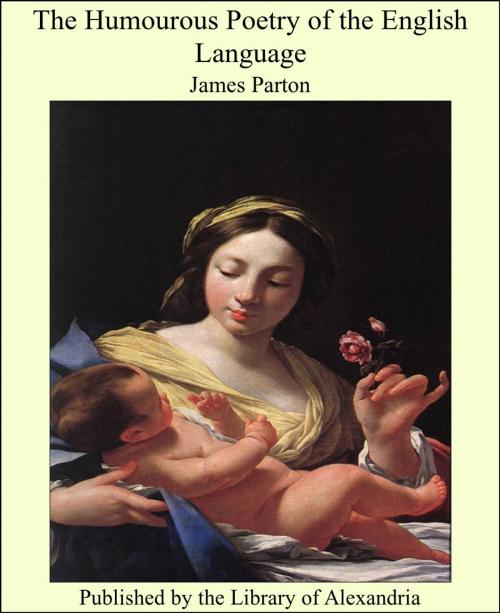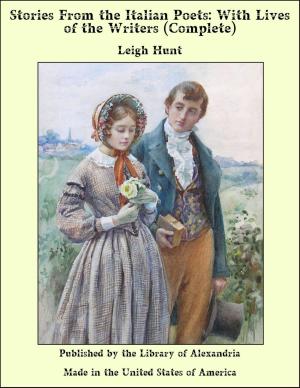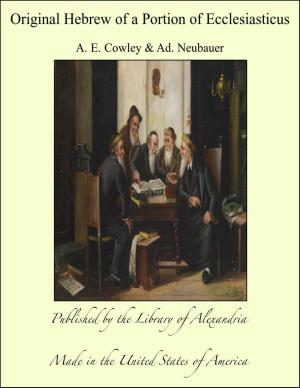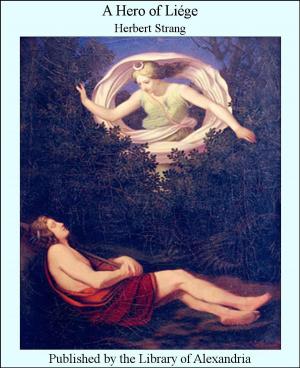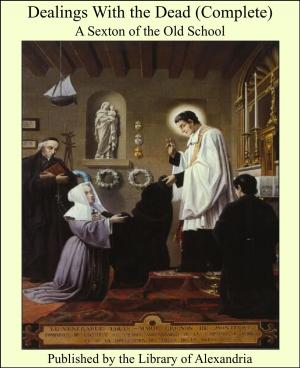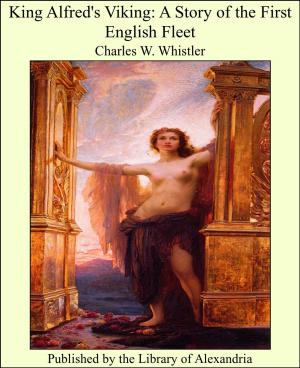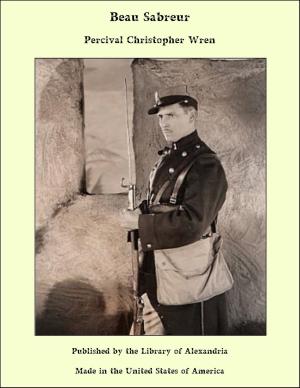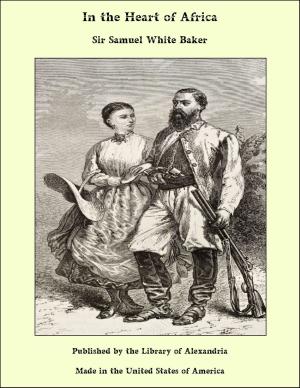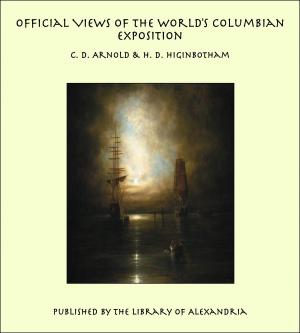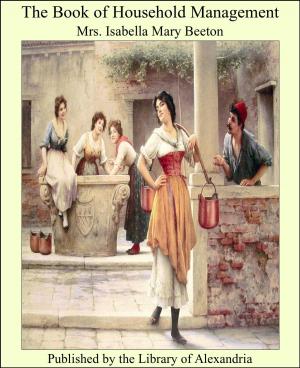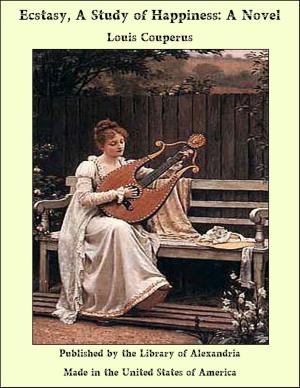The Humourous Poetry of the English Language
Nonfiction, Religion & Spirituality, New Age, History, Fiction & Literature| Author: | James Parton | ISBN: | 9781465502384 |
| Publisher: | Library of Alexandria | Publication: | March 8, 2015 |
| Imprint: | Language: | English |
| Author: | James Parton |
| ISBN: | 9781465502384 |
| Publisher: | Library of Alexandria |
| Publication: | March 8, 2015 |
| Imprint: | |
| Language: | English |
The design of the projector of this volume was, that it should contain the Best of the shorter humorous poems in the literatures of England and the United States, except: Poems so local or cotemporary in subject or allusion, as not to be readily understood by the modern American reader; Poems which, from the freedom of expression allowed in the healthy ages, can not now be read aloud in a company of men and women; Poems that have become perfectly familiar to every body, from their incessant reproduction in school-books and newspapers; and Poems by living American authors, who have collected their humorous pieces from the periodicals in which most of them originally appeared, and given them to the world in their own names. Holmes, Saxe, and Lowell are, therefore, only REPRESENTED in this collection. To have done more than fairly represent them, had been to infringe rights which are doubly sacred, because they are not protected by law. To have done less would have deprived the reader of a most convenient means of observing that, in a kind of composition confessed to be among the most difficult, our native wits are not excelled by foreign. The editor expected to be embarrassed with a profusion of material for his purpose. But, on a survey of the poetical literature of the two countries, it was discovered that, of really excellent humorous poetry, of the kinds universally interesting, untainted by obscenity, not marred by coarseness of language, nor obscured by remote allusion, the quantity in existence is not great. It is thought that this volume contains a very large proportion of the best pieces that haveappeared. An unexpected feature of the book is, that there is not a line in it by a female hand. The alleged foibles of the Fair have given occasion to libraries of comic verse; yet, with diligent search, no humorous poems by women have been found which are of merit sufficient to give them claim to a place in a collection like this. That lively wit and graceful gayety, that quick perception of the absurd, which ladies are continually displaying in their conversation and correspondence, never, it seems, suggest the successful epigram, or inspire happy satirical verse
The design of the projector of this volume was, that it should contain the Best of the shorter humorous poems in the literatures of England and the United States, except: Poems so local or cotemporary in subject or allusion, as not to be readily understood by the modern American reader; Poems which, from the freedom of expression allowed in the healthy ages, can not now be read aloud in a company of men and women; Poems that have become perfectly familiar to every body, from their incessant reproduction in school-books and newspapers; and Poems by living American authors, who have collected their humorous pieces from the periodicals in which most of them originally appeared, and given them to the world in their own names. Holmes, Saxe, and Lowell are, therefore, only REPRESENTED in this collection. To have done more than fairly represent them, had been to infringe rights which are doubly sacred, because they are not protected by law. To have done less would have deprived the reader of a most convenient means of observing that, in a kind of composition confessed to be among the most difficult, our native wits are not excelled by foreign. The editor expected to be embarrassed with a profusion of material for his purpose. But, on a survey of the poetical literature of the two countries, it was discovered that, of really excellent humorous poetry, of the kinds universally interesting, untainted by obscenity, not marred by coarseness of language, nor obscured by remote allusion, the quantity in existence is not great. It is thought that this volume contains a very large proportion of the best pieces that haveappeared. An unexpected feature of the book is, that there is not a line in it by a female hand. The alleged foibles of the Fair have given occasion to libraries of comic verse; yet, with diligent search, no humorous poems by women have been found which are of merit sufficient to give them claim to a place in a collection like this. That lively wit and graceful gayety, that quick perception of the absurd, which ladies are continually displaying in their conversation and correspondence, never, it seems, suggest the successful epigram, or inspire happy satirical verse
